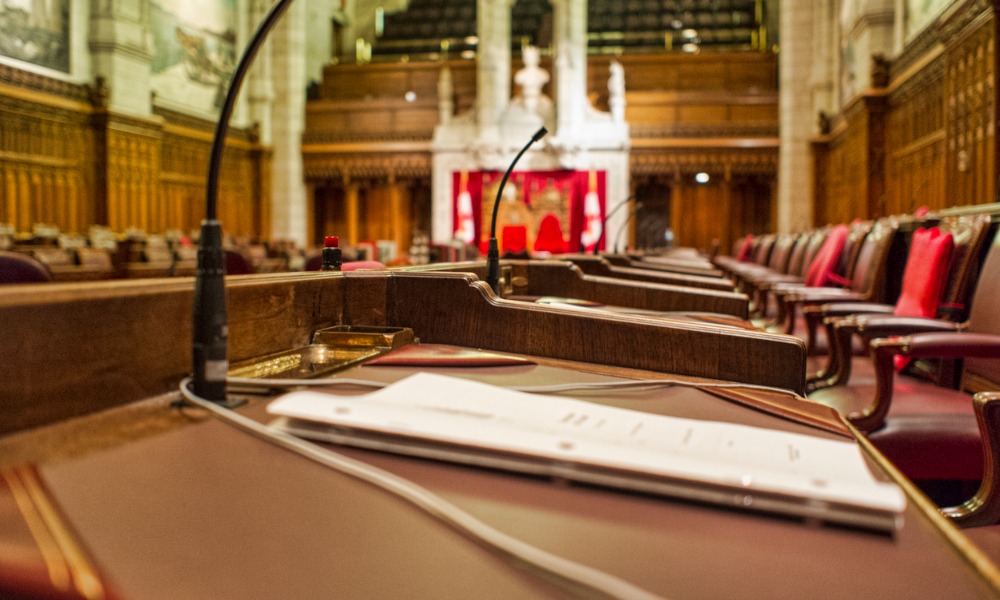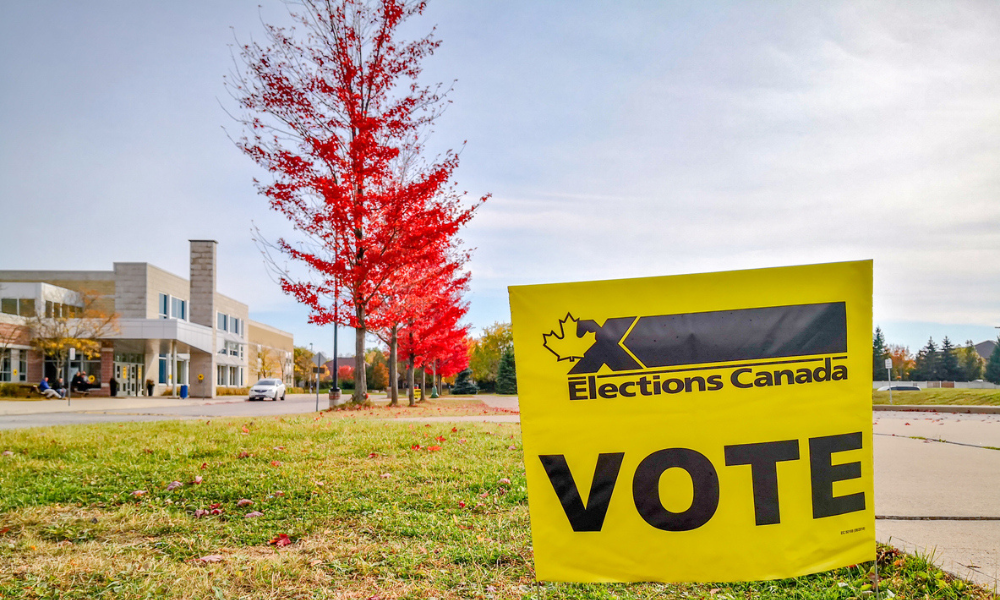Written franchise agreement had expired but parties' conduct continued it

The Ontario Court of Appeal has awarded $13,800 to Coffee Time Donuts for the continued use of the brand by a franchisee even after the term of the written agreement had expired.
In Coffee Time Donuts Incorporated v. 2197938 Ontario Inc., 2022 ONCA 435, the appellants had been operating their business as a Coffee Time store under a franchise agreement entered into in 2009. The agreement expired on July 31, 2014, but the appellants remained in operation under the Coffee Time brand. They continued to pay royalties and purchase products from exclusive suppliers under the agreement.
The respondent had sent invoices for payment of royalties under the agreement, but the appellants had failed to pay. As a result, the respondent filed a suit for the unpaid royalties on the ground that the parties had continued the agreement by their conduct, even after the expiration of the written agreement. The respondent sought payment of $90,283.84 plus interest until January 25, 2021, the date that the Coffee Time brand was removed from the appellants’ store.
Most Read
The court ruled in favour of the respondent, finding that the agreement between the parties was continued by the conduct of both parties after the term of the written agreement expired. The court agreed with the motion judge’s findings that the appellants continued to buy products from the exclusive suppliers under the franchise agreement after the end of the term of the written agreement, continued to use Coffee Time branding, and continued to pay franchise royalties to the respondent until February 16, 2016.
The matter was decided through a summary trial, which the appellants challenged. They argued that summary trial was not proper in this case because the affidavits before the motion judge were “untested and unproven.” However, the basic facts and chronology of events after the term of the written agreement ended were not in dispute and the parties did not opt to cross-examine on the affidavits filed on the motion. In the appeal court’s opinion, the full machinery of a trial was not required to decide the issues in this claim. The court ultimately dismissed the appeal and awarded the amount of $13,800 to the respondent.










